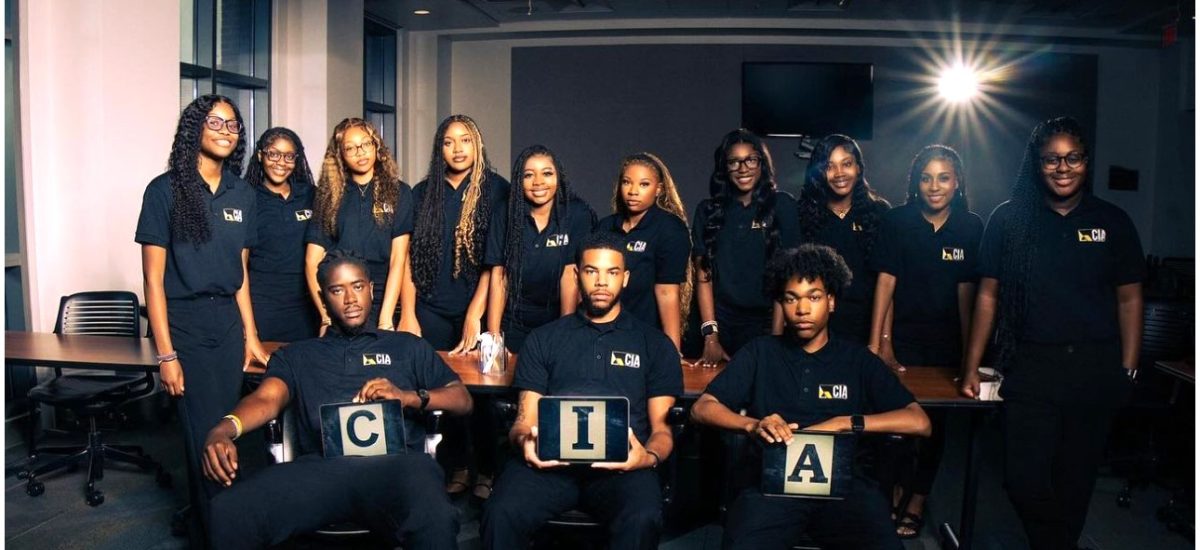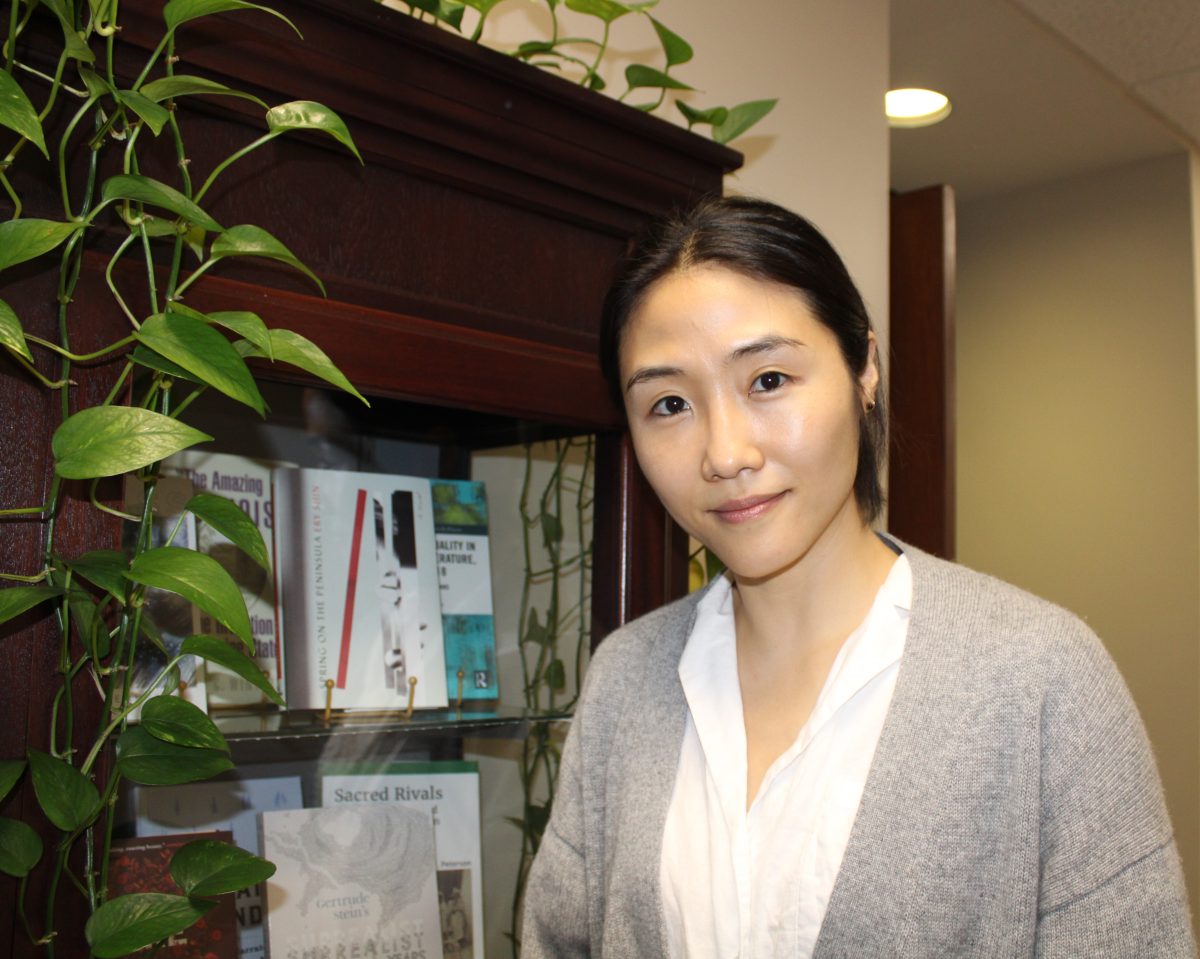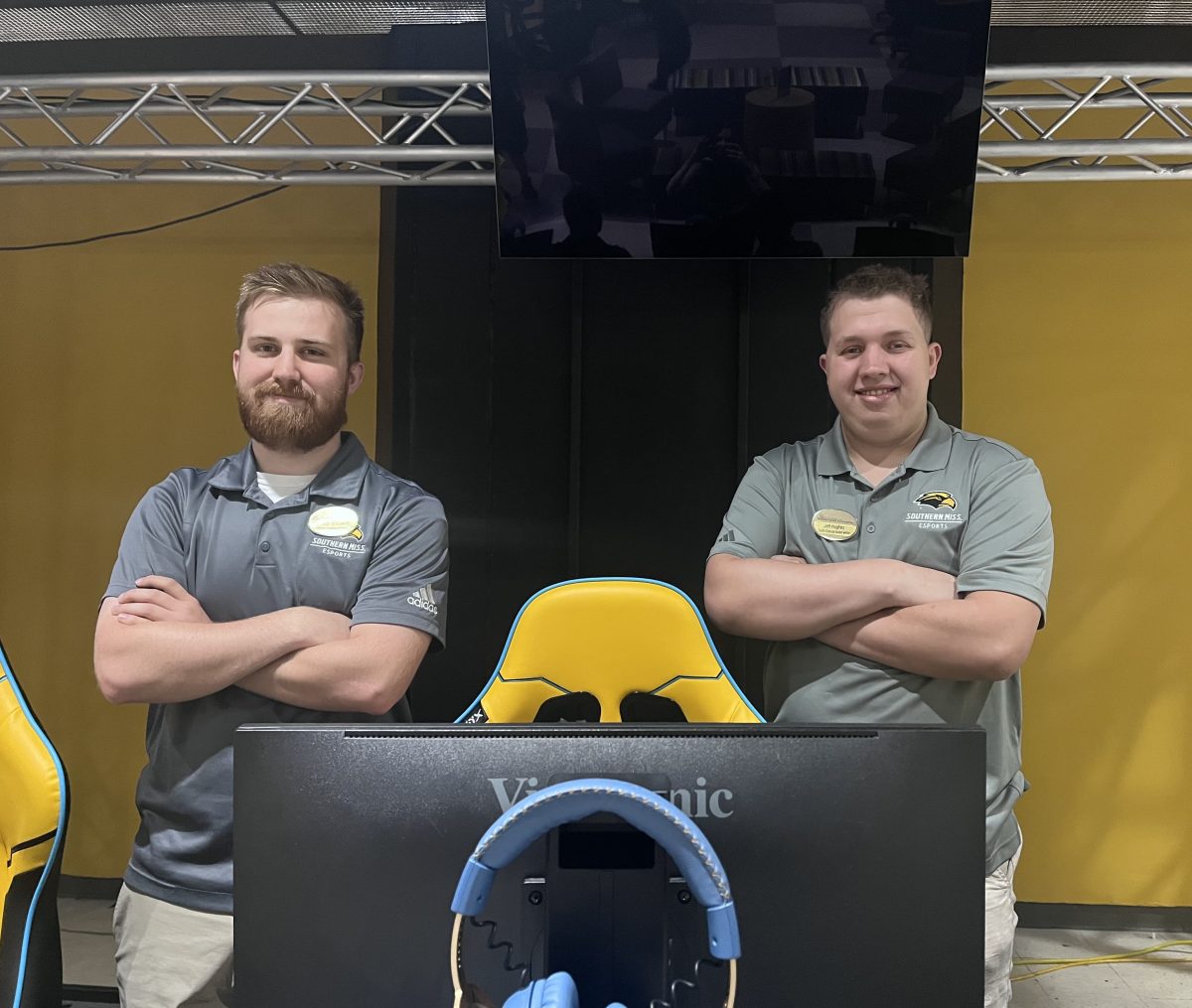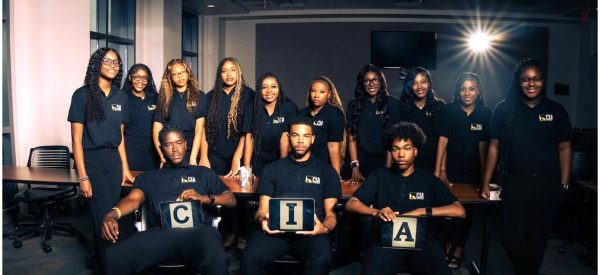National Dyslexia Awareness Month
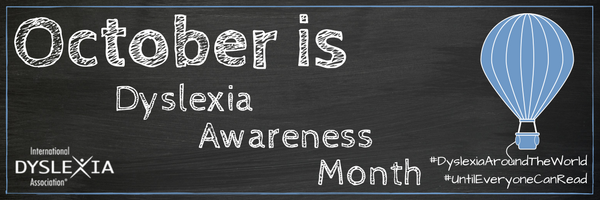
Courtesy of the International Dyslexia Association.
October is National Dyslexia Awareness Month. Dyslexia is a neurological condition that impacts people’s ability to read. Dr. Missy Shraeder from the DuBard School of Language Disorders and Elizabeth Killinger from Student Accessibility Services provided more information about the disorder and resources for dyslexic students.
Dyslexia is a disorder that makes it difficult to read, write and spell. It is the most common neuro-cognitive disorder, affecting 20% of the population. At Southern Miss, at least 9% of the student body has a learning disability, most of whom are dyslexic. Symptoms emerge in childhood, when a person is first learning how to read and recognize letters. Its exact causes are not yet known, but it is inherited. Like every disability, it affects different people in different ways.
Dr. Shraeder is a speech language pathologist, an academic language therapist, and the director of the DuBard School for Language Disorders. DuBard is a free school for Mississippi students ages 7-13 with learning disabilities that impact their communication. They also teach graduate and undergraduate students to teach students with learning disabilities.
Dyslexia symptoms begin to appear in childhood. From then on, they face many challenges in reading and learning. Dr. Shraeder describes this problem as “decoding.” “They are not able to see a word, look at all the letters, and figure out what sounds those letters make so that they can attach a word to that sequence of letters,” she said. This impacts the student’s reading comprehension and long-term academic performance.
Formerly the Office of Disability Accommodations, the SAS is best known for its work with helping disabled students. It works with students, faculty, and staff to provide disabled students housing and academic accommodations. These accommodations can be in the form of extra time, alternative formats for class materials, assistive technology, and more.
Elizabeth Killinger, Disability Specialist for Technology & Auxiliaries at SAS talked more on the topic. While students with the disorder do struggle, they are able to have a unique perspective. “There is a pretty long process to getting diagnosed with a learning disability over something like ADHD or anxiety,” she said. “I think it helps them understand how their brain works a little bit more…”.
Students who have dyslexia, or believe they have it, and want accommodations should contact SAS via email or at their office in Bond Hall.
Your donation will support the student journalists of University of Southern Mississipi. Your contribution will allow us to purchase equipment and cover our annual website hosting costs.





